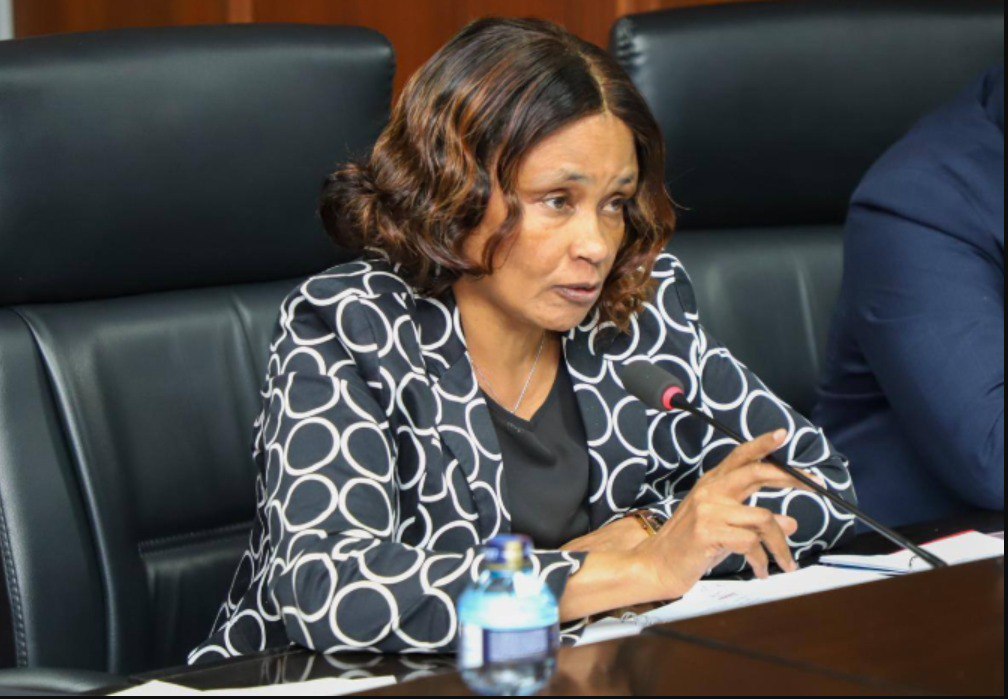

The Teachers Service Commission (TSC) has unveiled a new framework to manage teacher transfers across Kenya’s 32,000 public schools, introducing a transparent, automated system to replace the long-criticised manual process.
The updated policy is designed to promote fairness, address genuine health concerns, and ensure continuity in learning. Transfers will now be guided by key factors such as the availability of vacancies, equitable distribution of teachers, and valid medical grounds.
Appearing before the Senate Education Committee, TSC Director of Staffing Antoina Lentojoni explained the new regulations, stressing the importance of local oversight in the transfer process.
“Local supervisors know the teachers better than we do at headquarters,” she said, underlining the role of school administrators and sub-county directors in authenticating requests, particularly those based on medical needs.
Medical transfers will now require supporting documents from certified doctors, verified by local officials.
TSC Acting CEO Eveleen Mitei noted that the move was necessary to curb past abuses, where some teachers had submitted fraudulent medical records to escape postings in hardship areas such as Mandera.
“In harsh environments, teachers can easily obtain records, whether the illness is genuine or not,” Mitei observed. To counter this, the commission has introduced stricter verification protocols, including the deployment of field officers to scrutinise claims.
The reforms stem from a recent retreat in Mombasa where the TSC, in collaboration with the Senate Education Committee chaired by Betty Montet, addressed staffing challenges and endorsed the new transfer policy.
Central to the changes is a pilot e-transfer module, an online platform that promises to streamline and modernise the process. The system introduces automated matching, real-time notifications, and a digital swap feature.
Teachers will be required to serve at least five years before applying for a transfer, though exceptions may be granted after three years in exceptional circumstances.
Under the digital protocol, teachers can submit applications online. If a suitable match is not identified within 90 days, the system will extend the search by another 180 days.
Where no match is found, applicants will receive a rejection letter. Successful applications will generate digital approval letters sent directly to institutions.
The overhaul, supported by TSC Legal Director Calvin Anyuor, represents a major step in aligning the commission’s operations with its constitutional mandate.
By leveraging technology, the TSC aims to deliver a fairer, more efficient system that reduces opportunities for manipulation and strengthens accountability.
For teachers, the reforms mean a more predictable, transparent transfer process, while for schools, the system promises stability and equitable staffing across the country.


















